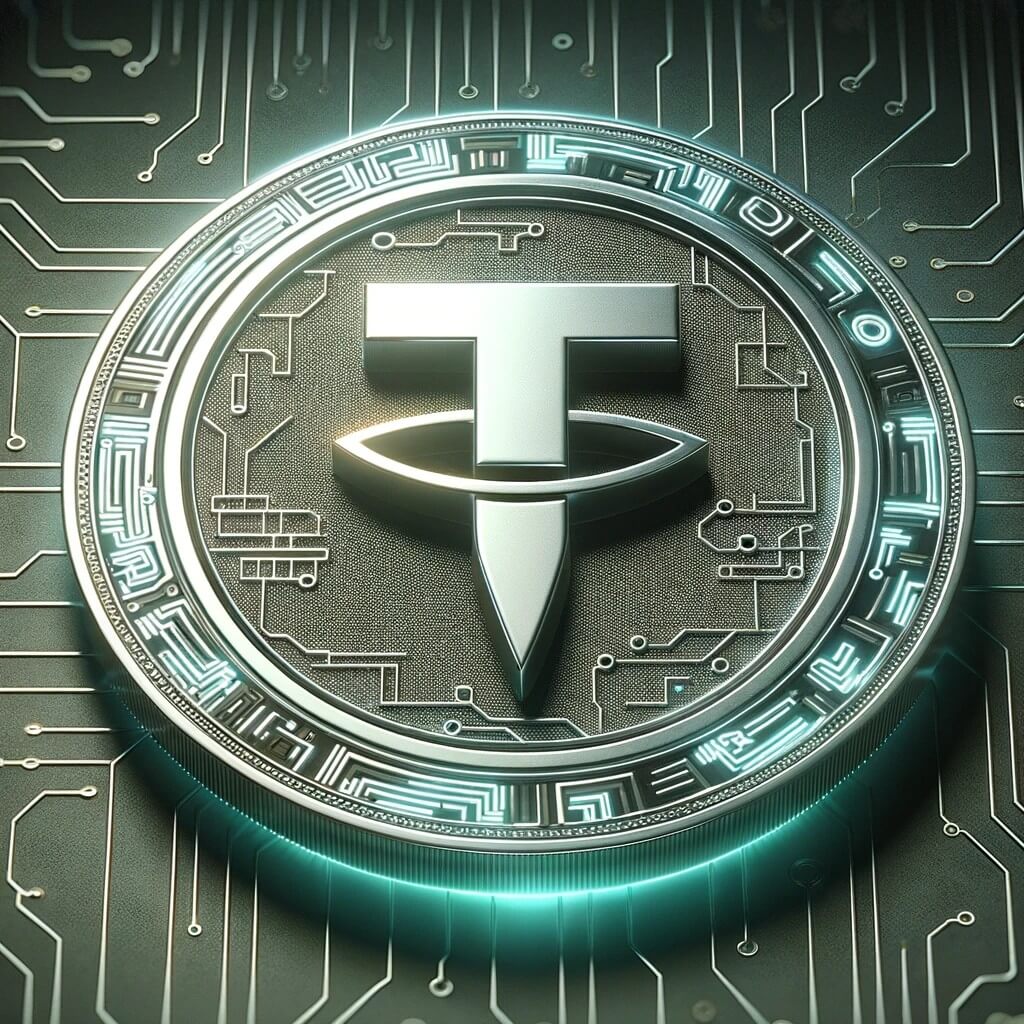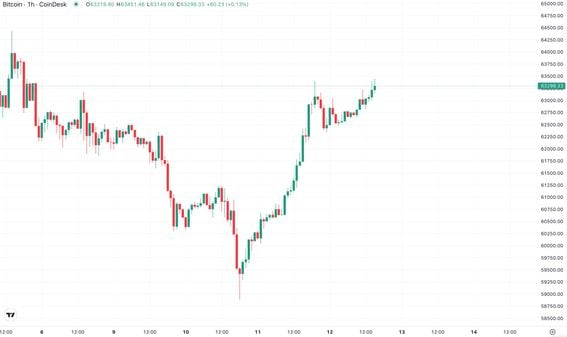In a recent development, Justin Sun, the founder of the Tron blockchain, has publicly contested the claims made in a United Nations report concerning the misuse of blockchain technology, specifically focusing on the usage of Tether’s USDT. The UN report had raised significant concerns over the role of USDT in money laundering and scams, particularly in Southeast Asia. In his response, Sun acknowledged these issues but highlighted factual inaccuracies in the report, reaffirming Tron’s commitment to maintaining the integrity of blockchain technology.
Justin Sun’s stance on USDT misuse and blockchain integrity
Sun’s response in a January 19th post addresses the concerns raised about USDT transactions on Tron’s TRC-20 protocol. He emphasized that while Tron is dedicated to preventing the misuse of blockchain technology, the UN report contained several factual inconsistencies. This stance is part of a broader effort by Tron to showcase its commitment to legal and ethical operations within the blockchain space.
In addition to Justin Sun’s comments, Tron released a statement focusing on its significant role in the circulation of USDT through its TRC-20 protocol. It highlighted the global presence of the network and its ongoing efforts to monitor transactions. These efforts include partnerships with on-chain forensic experts. However, Tron also noted that as a decentralized platform, it has limitations in directly regulating third-party actions, including those of Tether.
Tether’s response and efforts to combat misuse
Tether, the company behind USDT, has also responded to the UN report. It emphasized the token’s critical role in developing economies and its commitment to transparency. Tether argued that these factors make USDT a less likely tool for illegal operations. In its defense, Tether highlighted a recent incident where it assisted the U.S. Department of Justice in freezing approximately $225 million in USDT linked to a human trafficking group, showcasing its efforts against misuse.
Furthermore, Tether criticized the UN report for not adequately recognizing its role in aiding developing economies and facilitating financial inclusion. It stressed that using public blockchains for Tether tokens enables tracking every transaction, thus arguing that USDT is an impractical choice for criminal use.
Global cooperation and blockchain education
In his response, Justin Sun, who has experience in diplomatic circles, stressed the importance of blockchain technology in global cooperation. He suggested that increased education in blockchain technology is essential. He proposed a potential collaboration between Tron, HTX DAO, and the United Nations to expand blockchain technology’s global reach and understanding.
This call for education and collaboration reflects a growing recognition of the importance of blockchain technology in various sectors. It also indicates an understanding of the need for a balanced approach that recognizes the potential risks while harnessing the benefits of this innovative technology.
The response from Justin Sun and Tron and Tether’s stance reflects a broader dialogue within the cryptocurrency and blockchain community about the responsible use of these technologies. As the industry continues to evolve, emphasizing transparency, legal compliance, and the potential for positive global impact remains a central theme. The ongoing discussions and responses to the UN report highlight the complexities and challenges faced in this rapidly evolving sector.




